That was the affirmation of Minister of Health Dao Hong Lan at the Conference summarizing 10 years of implementing the Law on Prevention and Control of Tobacco Harms organized by the Ministry on the morning of December 12 in Hanoi.
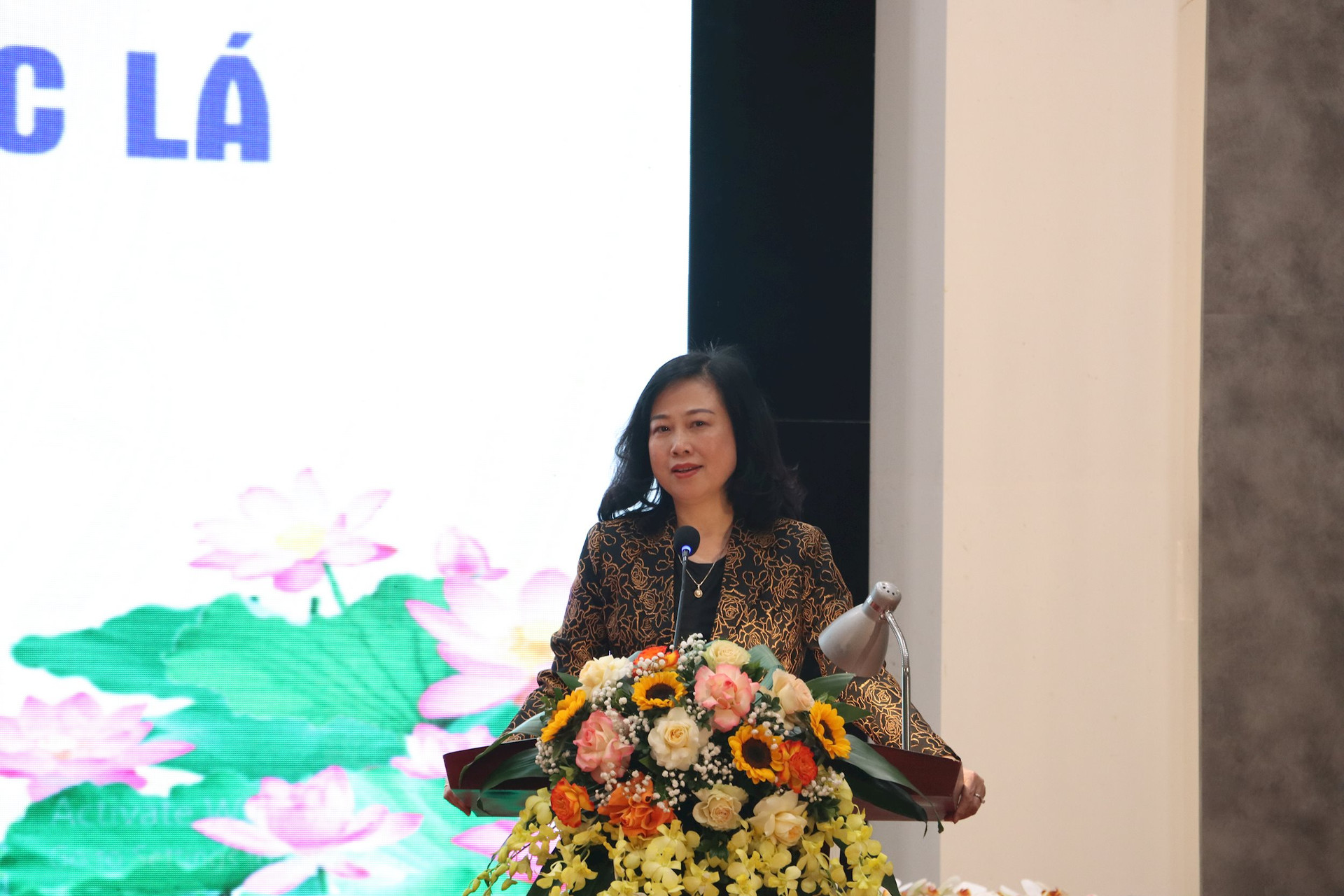
The Minister of Health said that with the burden of disease caused by tobacco use, tobacco harm prevention is becoming a top priority public health issue in the world. Tobacco use is rapidly shifting from developed to developing countries, causing harm to health, economy and environment for countries, including Vietnam.
According to WHO, 90% of lung cancer patients and 75% of chronic obstructive pulmonary disease patients are due to tobacco use. In Vietnam, each year there are at least 40,000 deaths due to tobacco-related diseases.
Effective solutions to prevent the harmful effects of tobacco that countries are making efforts to prioritize include creating a 100% smoke-free environment, printing large-scale health warnings on tobacco product packaging, and increasing tobacco taxes...
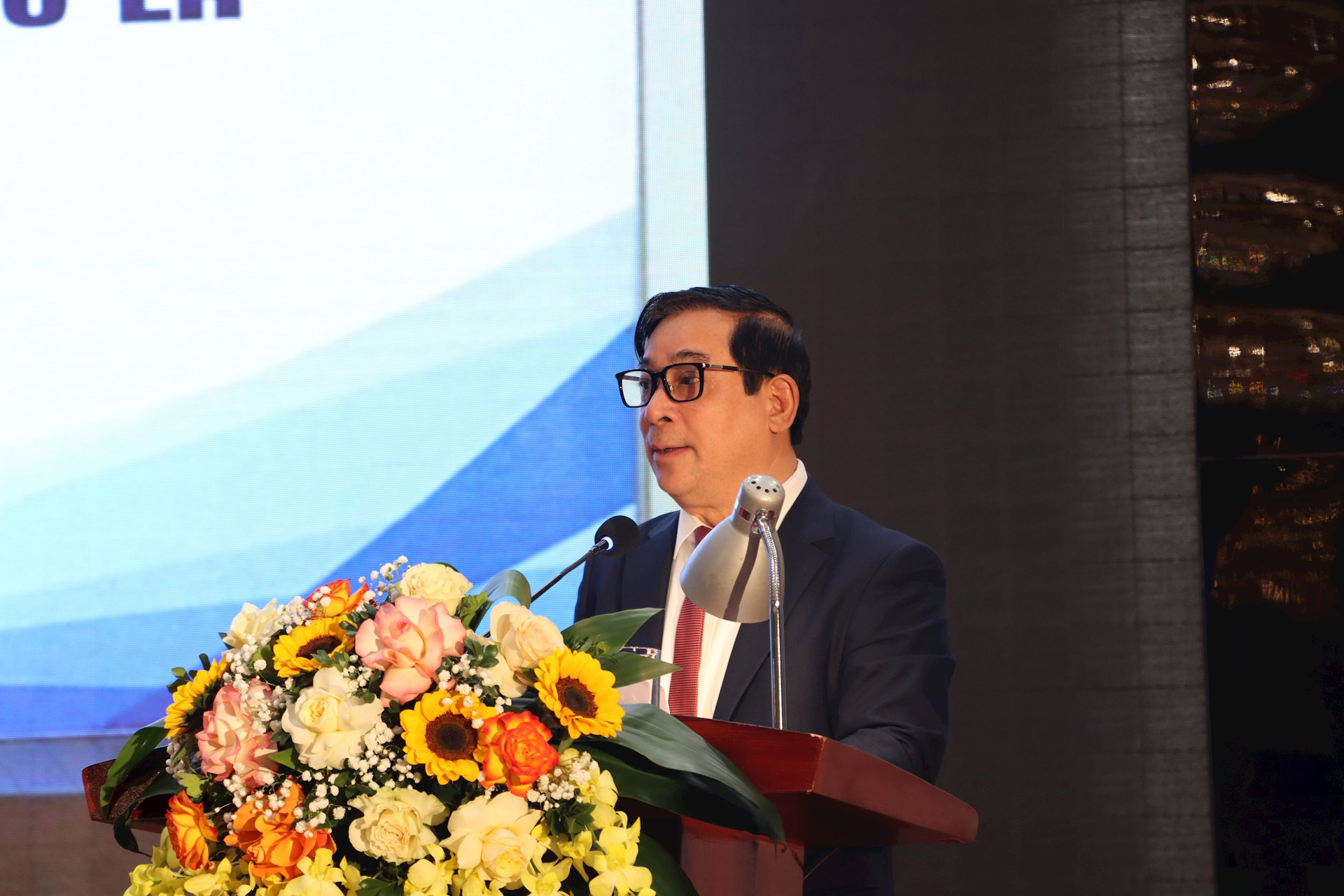
According to Associate Professor, Dr. Luong Ngoc Khue, Director of the Department of Medical Examination and Treatment Management, Director of the Fund for Prevention and Control of Tobacco Harms, the rate of smoking among adult men in our country has now decreased to nearly 39%. The rate of smoking among adolescents has also decreased significantly.
However, the work of preventing the harmful effects of tobacco still faces many great challenges. Nowhere are cigarettes as cheap as in Vietnam, and nowhere are cigarettes as accessible as in Vietnam. In addition, the rate of e-cigarette smoking among women and young people is increasing.
These difficulties greatly affect efforts to prevent and combat the harmful effects of tobacco and are important causes leading to the risk of a resurgence in smoking rates if we do not continue to take drastic and timely measures.
The Director of the Tobacco Harm Prevention Fund said that traditional cigarettes cause slow death, but e-cigarettes and heated tobacco products can cause immediate consequences, even death. Therefore, we need to make more efforts together to prevent and repel the tobacco epidemic, including considering amending the law.
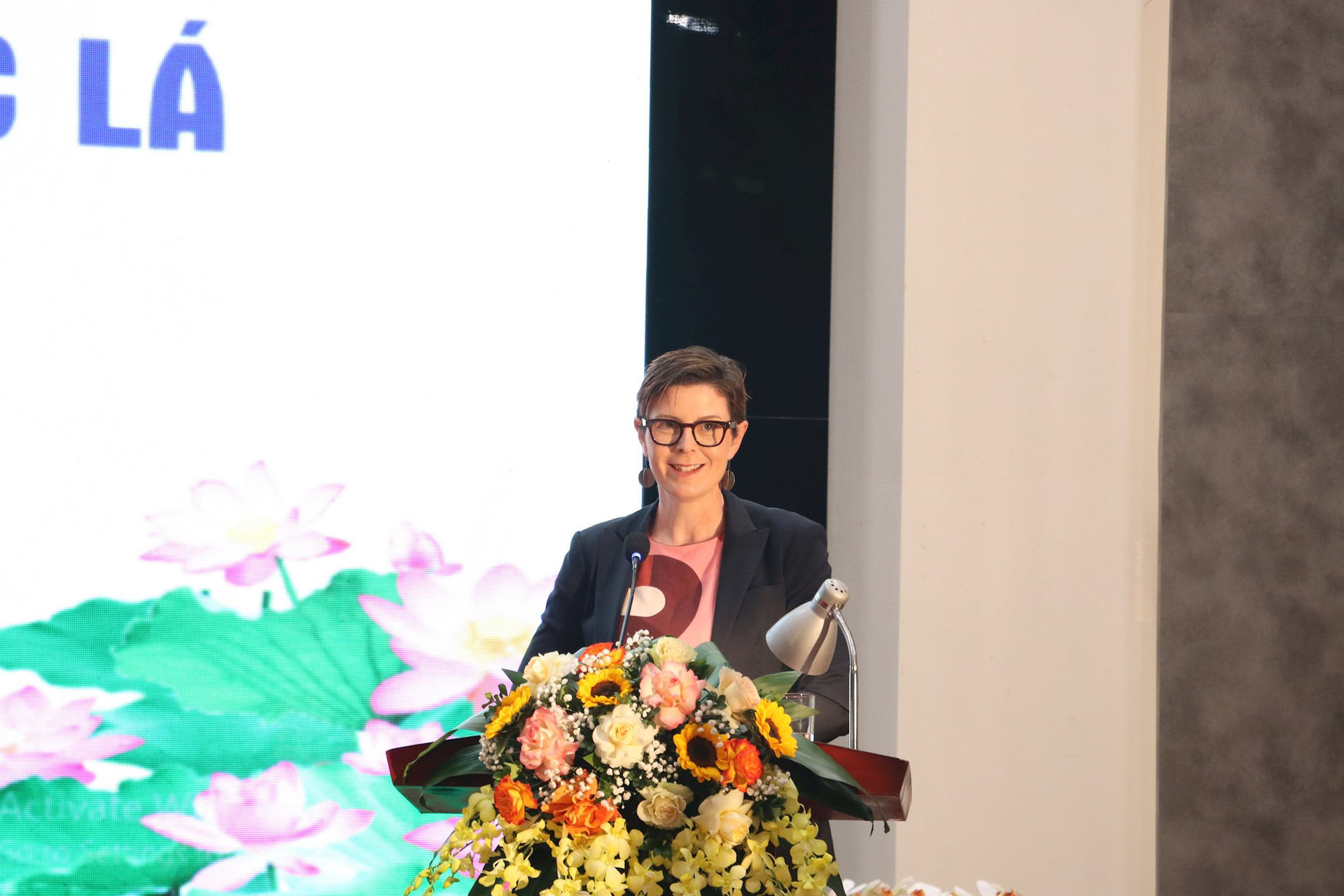
Congratulating Vietnam on its achievements in 10 years of implementing the Law on Prevention and Control of Tobacco Harms, Dr. Angela Pratt, Chief Representative of the World Health Organization in Vietnam, said that Vietnam has reduced the rate of tobacco use among both adults and adolescents, especially the rate of tobacco use among adolescents has been halved.
She assessed that these are very encouraging results, however, we are not making progress fast enough to realize the set goals. One of the reasons is that tobacco taxes are very low. Tobacco products in Vietnam are among the cheapest in the world. Young people are more likely to smoke, and adults are less motivated to quit.
The WHO representative is also concerned that the rate of e-cigarette and heated tobacco use among young people is at an alarming level. This situation will create a new generation addicted to nicotine, threatening to reverse the achievements Vietnam has made in recent times.
“We must do everything we can to protect young people from using tobacco, or any product that poses a risk of nicotine addiction. If we can prevent someone from starting to use these products when they are young, it is like giving them a vaccine that protects against the harmful effects of tobacco and nicotine addiction for life; because people are less likely to start using tobacco or nicotine when they are adults,” Dr. Angela emphasized.
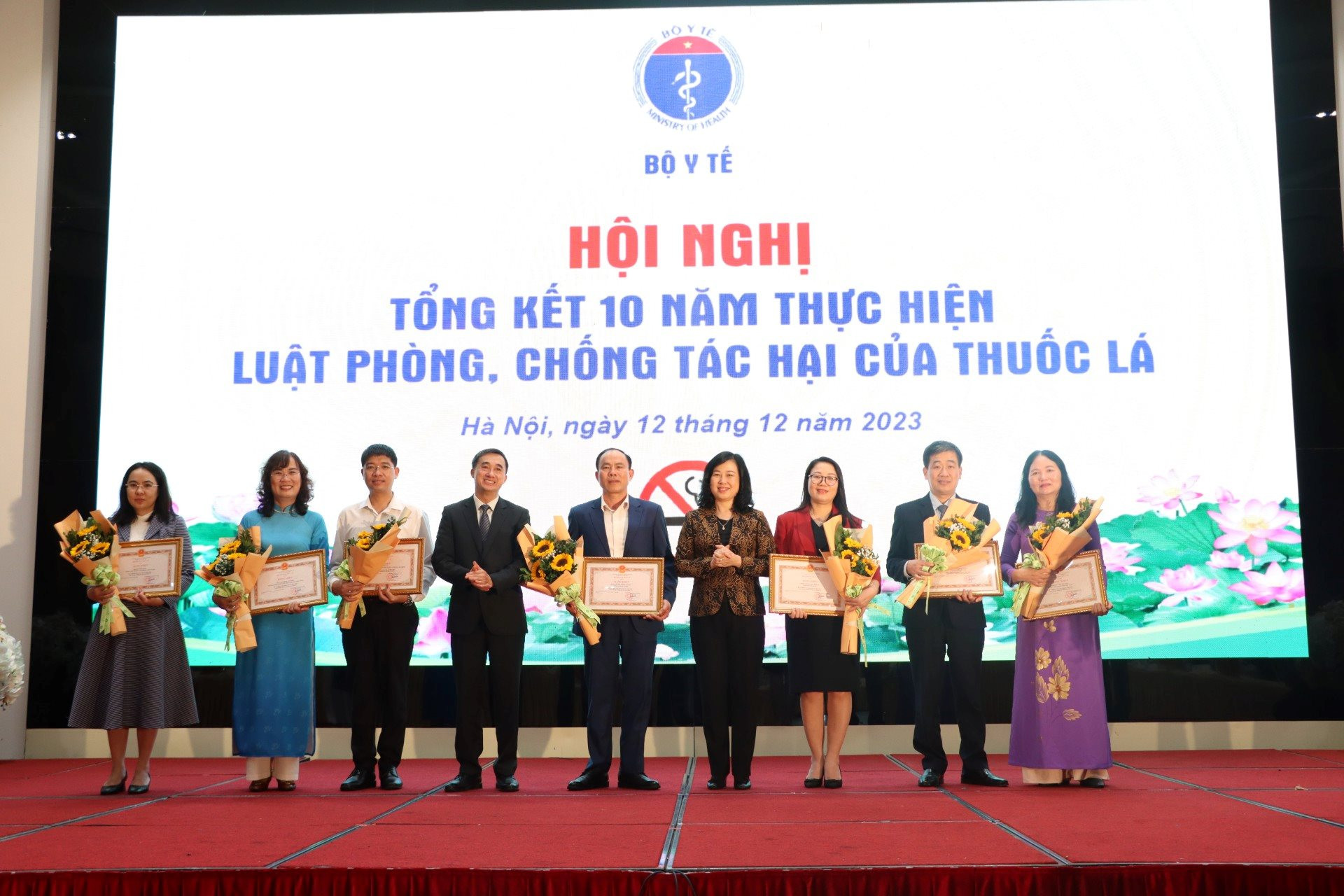
WHO recommends that Vietnam increase tobacco taxes and prices. At the same time, it calls on the Vietnamese National Assembly to ban e-cigarettes and heated tobacco products, and to accompany the ban with strong enforcement measures.
“The tobacco epidemic is one of the greatest public health threats the world has ever faced, taking the lives of more than 8 million people each year with huge economic and health costs. But Vietnam does not have to fight this war alone,” the WHO representative emphasized.
Source






![[Photo] Prime Minister Pham Minh Chinh chairs the Government's special meeting on law-making in April](https://vstatic.vietnam.vn/vietnam/resource/IMAGE/2025/4/13/8b2071d47adc4c22ac3a9534d12ddc17)

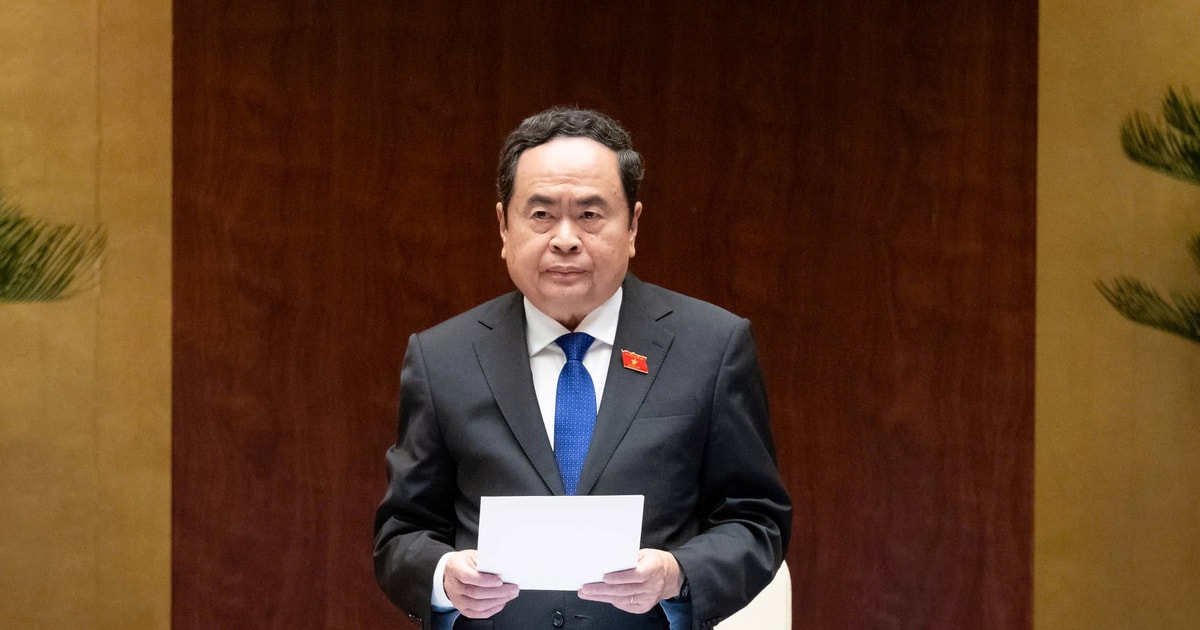
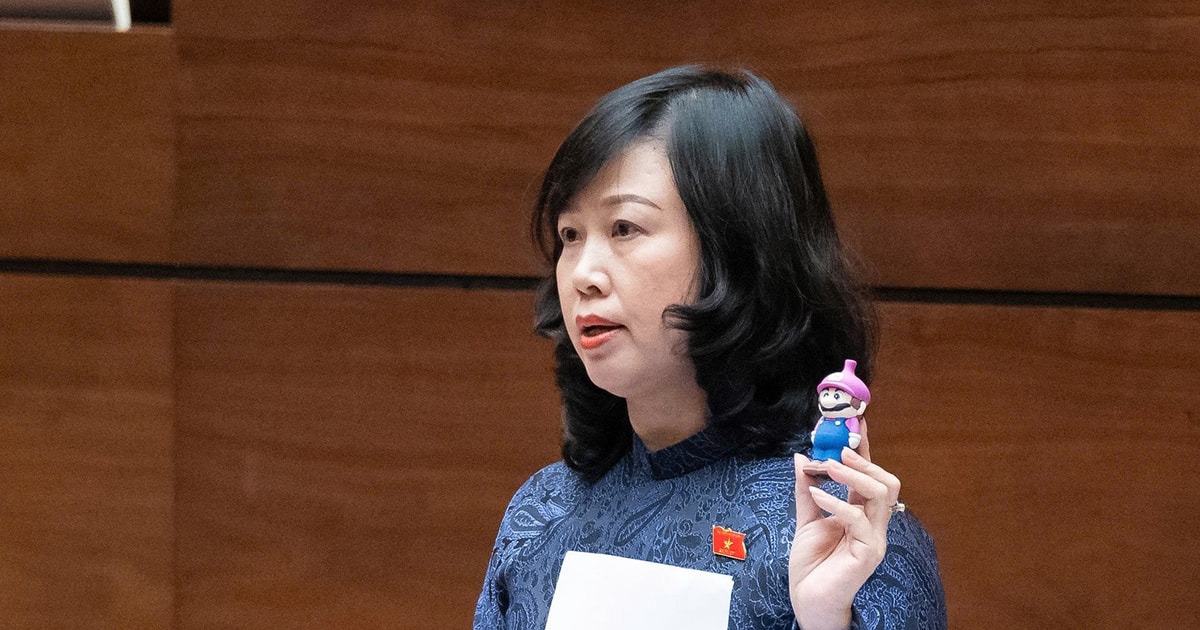
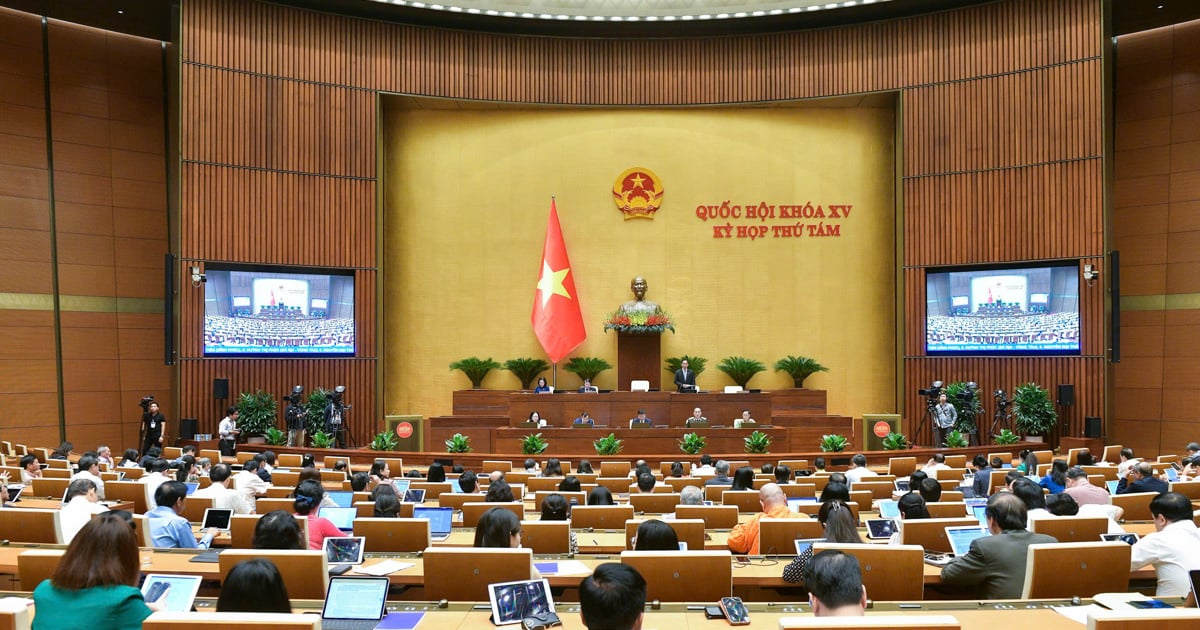








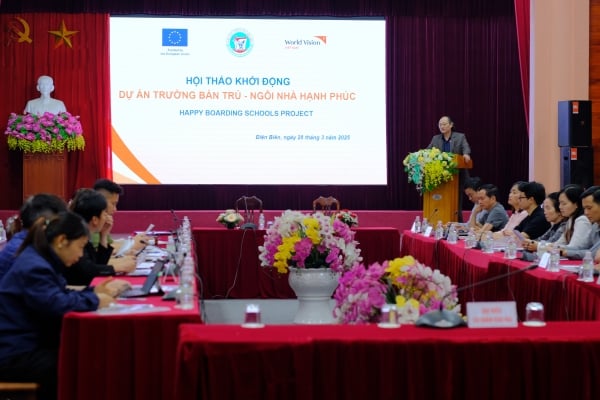
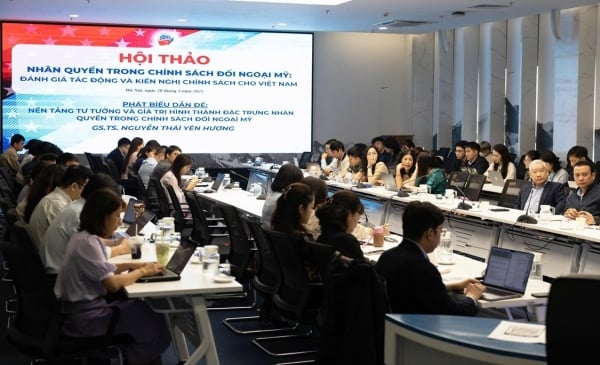









![[Photo] Closing of the 11th Conference of the 13th Central Committee of the Communist Party of Vietnam](https://vstatic.vietnam.vn/vietnam/resource/IMAGE/2025/4/12/114b57fe6e9b4814a5ddfacf6dfe5b7f)













































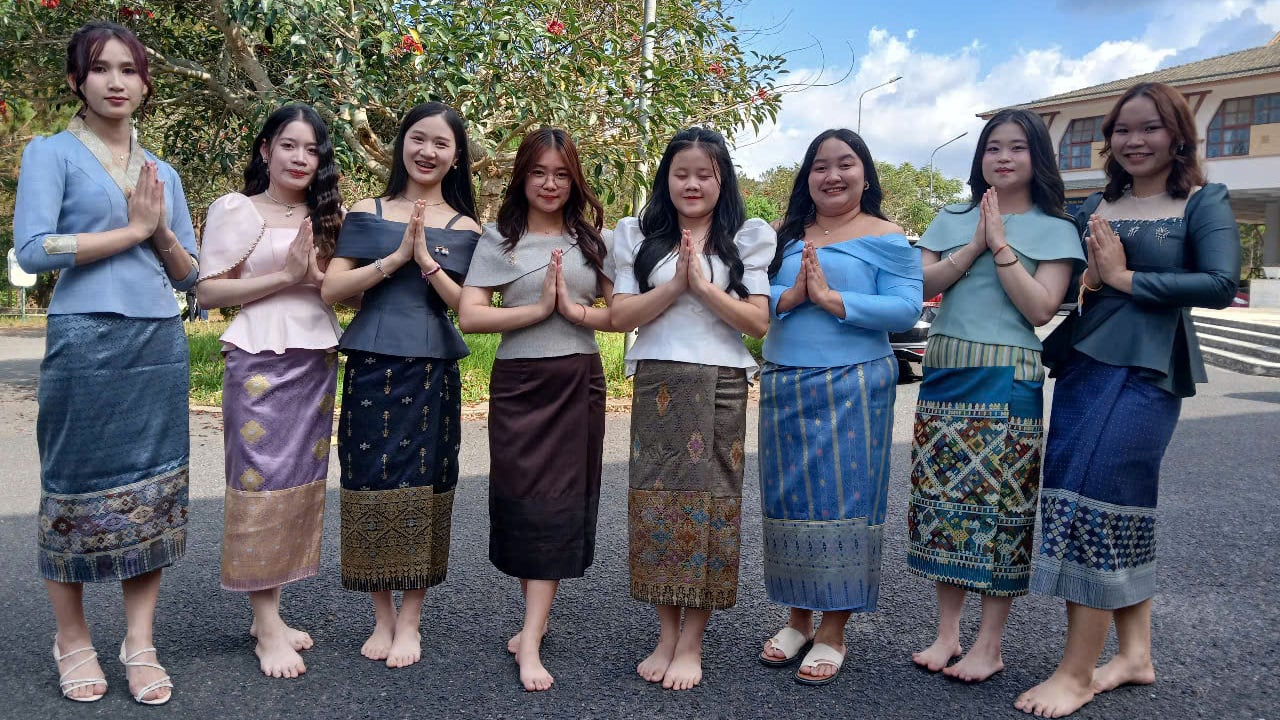

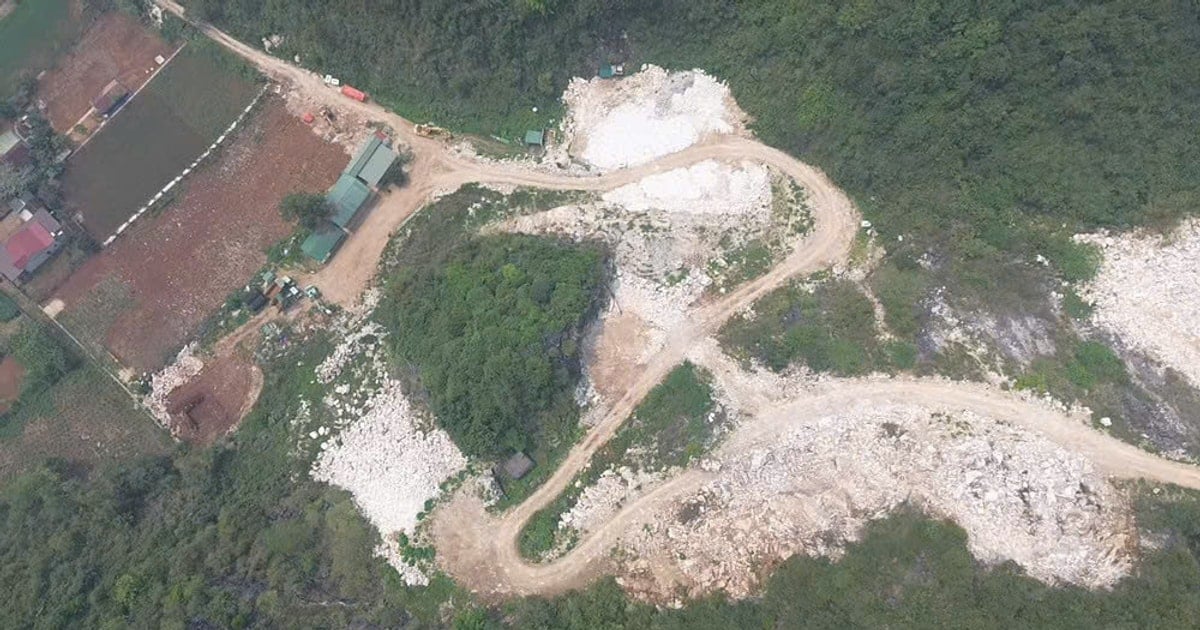



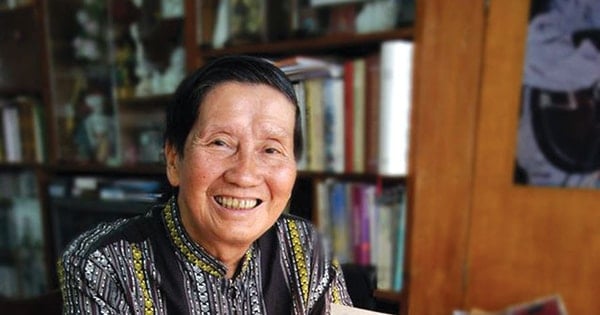

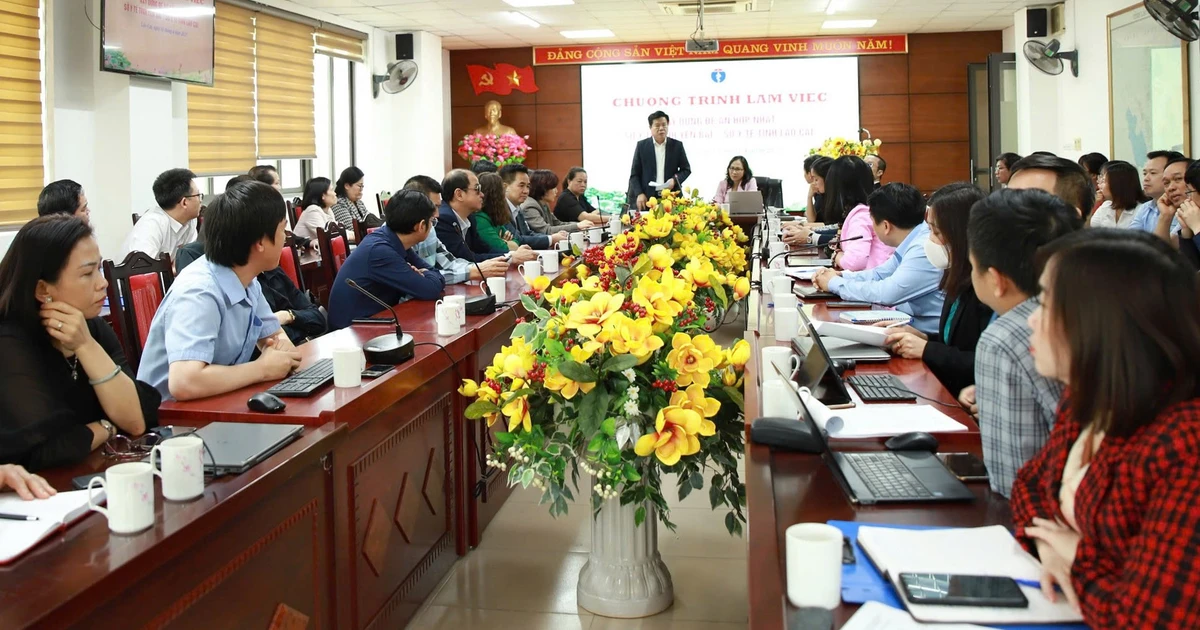













Comment (0)